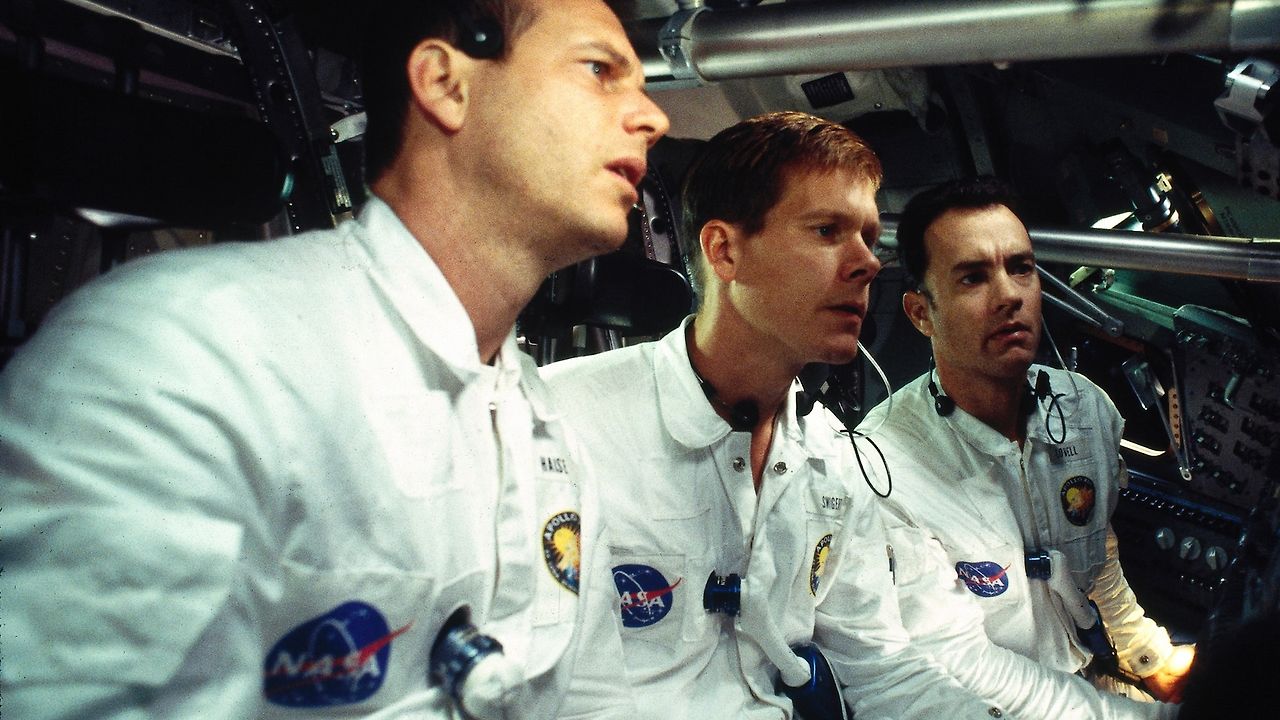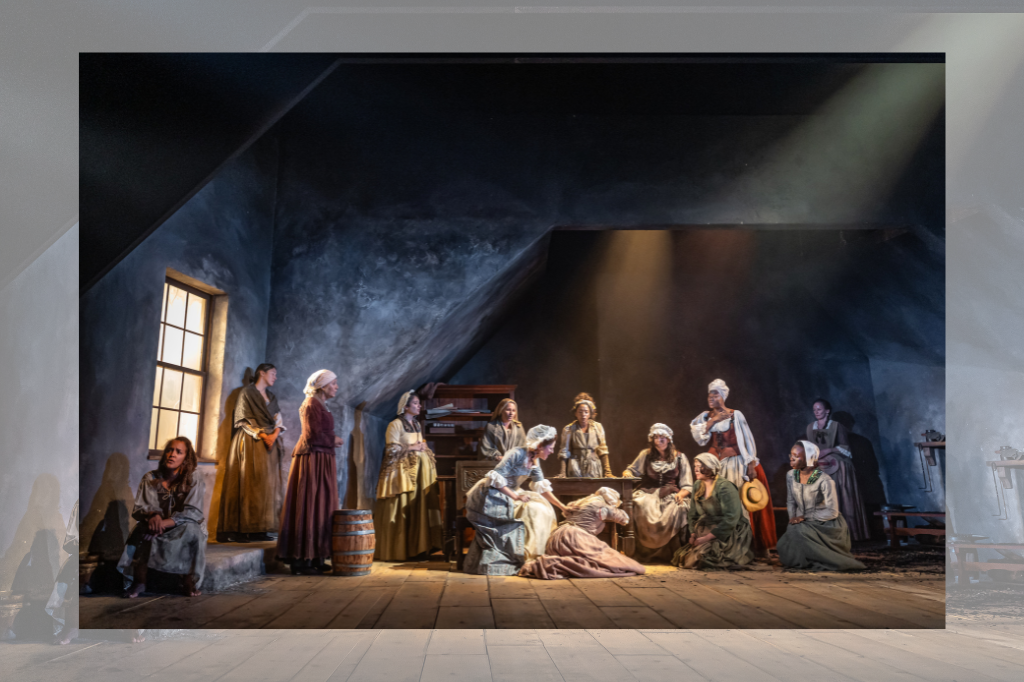Howard recalls his personal favorite filmmaker, Billy Wilder, complimenting Apollo 13 for its portrayal of failure: “Six months after Apollo 13 came out, I happened to be at lunch at that Beverly Hills restaurant, The Grill, and Billy Wilder was there,” he tells me. “I had known Billy Wilder. He’s my favorite all-time director, just for his range and everything he accomplished in cinema. I went up to him, and we were talking a little bit, and he said, ‘I loved your last movie.’ He was talking about Apollo 13, and that was very flattering that he’d even seen it. He said, ‘You know what I loved about it? It celebrated a man who didn’t get his dream.’ He’s the only person who ever picked up on this nuance that to me was so pivotal.”
Apollo 13 was a raving success, grossing more than $300 million and earning nine Academy Award nominations. The popularity of the film would lead directly to HBO’s From the Earth to the Moon in 1998, an Emmy-winning miniseries that tells the whole story of the Apollo Program (narrated by Hanks and produced by Howard and Brian Grazer). That same year, NASA even sent a 77-year-old John Glenn back into space! There was a congratulatory, nostalgic mood in America at the end of the millennium, and the Space Race was (and is) one of our most unambiguous, incredible achievements.
Howard himself is a literal poster child for industry achievement and well-earned longevity. At the young age of six, he was a leading actor on The Andy Griffith Show, which would become one of the most popular and enduring television shows of the 1960s. Years later, he would star in Happy Days, one of the most popular and enduring television shows of the 1970s and 1980s. A directing career soon followed, which would eventually hit the heights of Howard winning the Best Director Oscar for his 2001 biopic A Beautiful Mind. In a 2020 interview with The Guardian, he reflected on his upbringing and work ethic: “I grew up as a child actor, been working all my life, and I love it. But it does create a kind of bubble. So I look for projects that lead me to life experiences I wouldn’t have otherwise had—and on my own I’m an introverted, risk-averse individual. But, when there’s a story to be told, it gets me out of the house, talking to people, learning things.”
Interestingly, a common criticism of Howard’s directorial style is that it’s a bit too risk-averse. Seetsy offers a rebuttal, writing in their Apollo 13 review that “some films require a quarterback who can improvise—someone who can use their legs or their cannon arm to get out of trouble when the play breaks down. Other films just need a game manager—someone who can make the simple play and won’t turn the ball over. This is one of those films, and directorially speaking, Howard is a game manager’s game manager.”

















